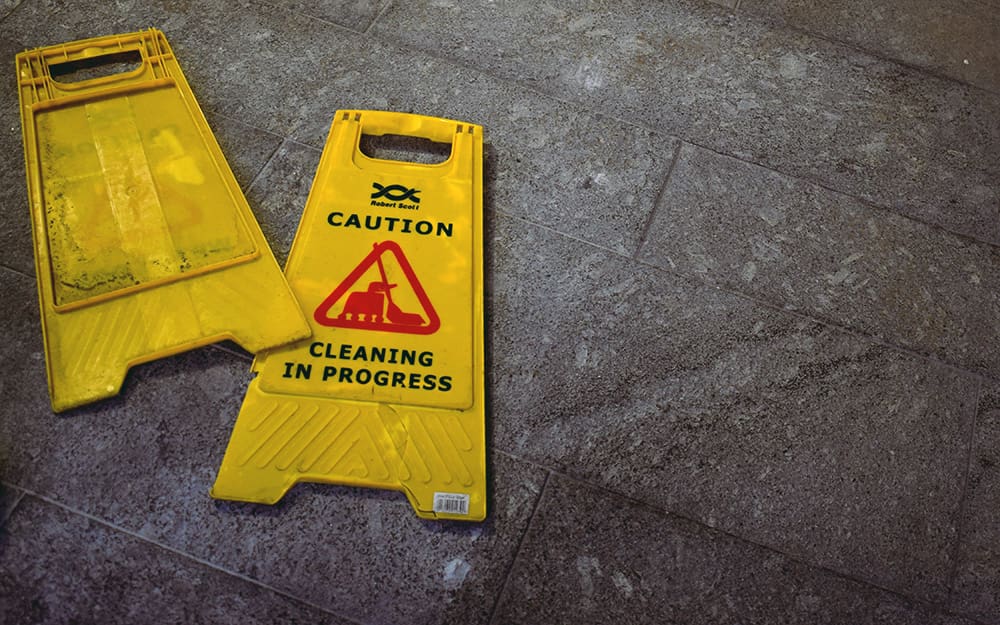
There has been a marked increase in online scams over the years as technology has continued to advance. The World Economic Forum reports that such is the magnitude of online scams that it has now become a global threat.
The statistics are astounding, to say the least. For instance, Forbes Advisor UK reports that in the first quarter of 2023 alone, around 40 million UK citizens were targeted by scammers, with 580 million pounds being lost in the first half of the year.
In the US, a report by the Federal Trade Commission mentions that Americans lost $ 2.7 billion through social media scams between January 2021 and June 2023.
In Australia, Scamwatch reports that a whopping over $318 million was lost to online scams in 2024.
Given the above statistics, it is evident that online scams have become a global threat, as scammers have continued to take advantage of people’s financial vulnerabilities and are harvesting big from them. There is therefore great need to have strategies to protect ourselves when online.
Types of Online Scams
There are many types of online scams, with scammers using different strategies depending on the location and people.
The most common types of online scams in Australia for example are romance, investment, threats/ extortions, unexpected money, impersonation, job scams, and product or service scams (Scamwatch)

Other types of online scams are phishing, shopping scams, identity theft, lottery, and skill/talent competitions.
The most common platforms used for online scams are usually websites, social media, email, phone, and SMS scams.
How to Spot Online Scams
Online scams usually have some tell-tale signs that you can look at to spot. These may include:
- Pressure to complete an action or payment, with threats of consequences if the action is not done swiftly, or FOMO.
- Asking for an upfront payment
- Suspicious-looking links and attachments, especially on email.
Tips to Protect Yourself When Online
- Increase your account security
Most people go online either using PCs or phones. Technology has also developed in such a way that we can save our information online for easy access later on. However, this could be your very undoing.
To be on the safe side, protect your accounts by using strong passwords. A strong password will usually include alphabetical letters, both small and capital, digits, and a special character. You should also avoid having similar passwords for all your accounts.
In addition to using secure passwords, you can also add multi-factor authentication to protect your information. Again, most websites, email, and social media platforms have this feature.
By using these two account security protection measures you can protect your accounts from online scams.
- Report Online Scams
Most online scams succeed because people who have lost money or other valuables do not report the cases, either due to shame or disbelief that they have been scammed. It thus becomes difficult for follow-up to be done, and other people continue to be scammed as well.

It is recommended that those who have witnessed a scam, or lost valuables should file a report with them as this enables the relevant authorities to establish how the online scams and scammers operate and come up with disruptive measures. In Australia for example, consumers can file reports on Scamwatch.
- Keep an eye out for Phishing Scams
It is pretty easy to spot phishing scams as they mostly come in the form of unsolicited emails, and inboxes on social media containing links that you are asked to click.
Beware of clicking fishy links or opening emails from strangers as these could be online scams targeted at stealing your personal information.
Study Australia recommends checking the domain of email addresses sent to you to confirm it is legitimate, or directly contacting the company you receive the email from to confirm.
You can also directly visit a website in case you receive suspicious links, and check with them if the message you received is truly from their end.
- Regularly Backup Important Information
Nowadays there are cloud storage platforms like Google Suite where you can securely backup your important files. This is important not only for consumers but also for businesses that conduct their operations online.

Backing up crucial, and sensitive information ensures that it is not lost in case of an online scam or ransomware attack.
- Shop Online Safely
Always check the address bar of the online store you want to shop from before clicking any links. Secure will have the address starting with https://, and a padlock on the extreme right side of the address bar.

Online reviews can also help in verifying the legitimacy of a store. Avoid shopping in online stores with no reviews, or reviews that seem doctored as these could be online scam websites.
Finally, it is advisable to log out of the site after shopping, and not save any passwords as these could open you up to online scams.
- Use a Safe Wi-Fi Connection
When accessing the internet using public Wi-Fi, avoid using it for websites that require your personal information. Be sure to also clear your browser history after using public internet or shared devices as online scammers frequent places like cyber cafes to hunt for their victims.
Also, when using a private network, have a strong password to make unauthorized access harder.

Contact us today for more tips on how to protect yourself online
Written by Joyce O. for the CBF Store



















